 |
|
||||||
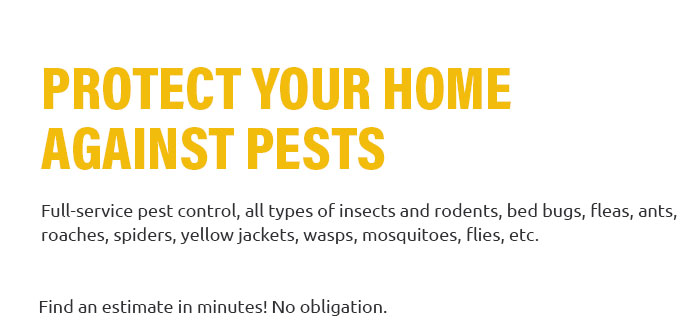 |
 |
 |
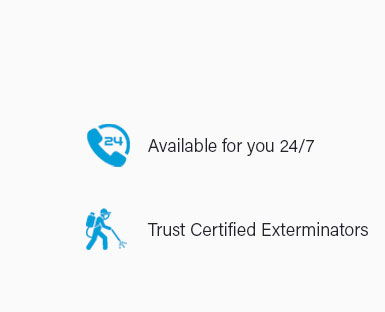 |
 |
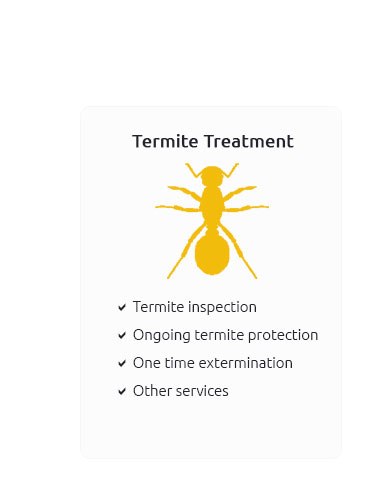 |
 |
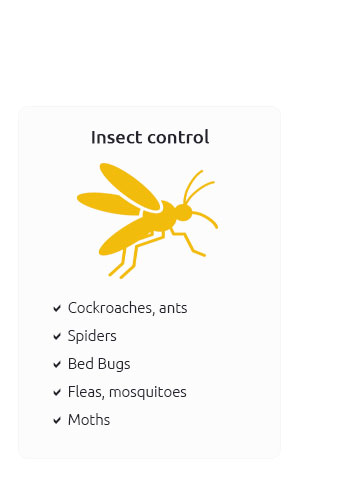 |
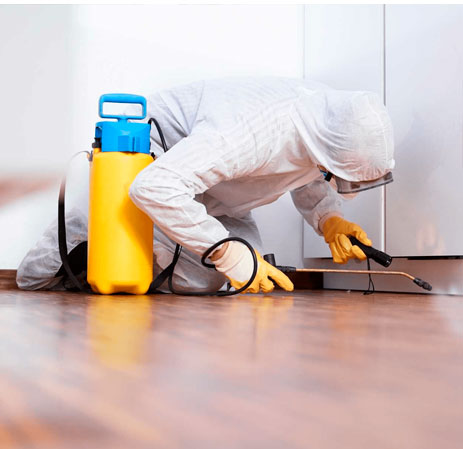 |
 |
 |
 |
 |
How to Treat Termite Infestation YourselfTermites, the tiny insects capable of causing significant damage to your home, can be a homeowner’s worst nightmare. Yet, addressing a termite infestation doesn't always require the immediate intervention of professionals. With the right tools and techniques, you can tackle this issue yourself, saving both time and money. This guide will walk you through understanding termite behavior, identifying their presence, and using effective home remedies to manage the situation. First, it's crucial to understand the behavior of termites. These insects thrive in moist environments and are primarily found in wood or soil, where they build elaborate networks to sustain their colonies. Recognizing the signs of their presence can be subtle but crucial. You might notice discarded wings near windowsills, mud tubes along walls, or hollow-sounding wood. Once you've confirmed an infestation, it's time to act. When considering natural remedies, the options are surprisingly diverse and effective. For instance, using boric acid is a tried-and-true method. It acts as a pesticide by interfering with the termite’s digestive system, ultimately leading to their demise. Sprinkle boric acid powder in areas where you suspect termite activity, ensuring that you keep it away from children and pets. Another method is employing essential oils, such as orange oil or neem oil, which have proven to be toxic to termites. By spraying these oils directly onto affected areas, you can disrupt the life cycle of the termites, eventually reducing their numbers. Another potent technique involves the use of diatomaceous earth. This natural powder is abrasive to the exoskeletons of termites, leading to dehydration and death. Apply it in a thin layer around the infested area and be patient, as this method can take time to show results. Additionally, employing natural predators like nematodes can be beneficial. These microscopic worms prey on termites, providing a natural biological control method. It's also important to consider the environment where termites thrive. Reducing moisture in and around your home can deter termites from settling. Repair leaks, ensure proper ventilation, and consider using a dehumidifier in areas prone to dampness. Furthermore, remove wood-to-soil contact around your property to prevent termites from accessing your home easily. In conclusion, while professional help can be invaluable, many natural and effective methods exist to combat termite infestations on your own. By understanding termite behavior and utilizing natural solutions, you can protect your home from these destructive pests. Remember, persistence and a combination of techniques will yield the best results. FAQ
https://www.quora.com/Has-anyone-tried-DIY-termite-control-How-has-the-experience-been
To get rid of subterranean termites by yourself, treat the mud trails and infested wood with termiticide, preferably termite bait. If you use ... https://www.reddit.com/r/NewOrleans/comments/te1fmv/can_i_do_termite_control_on_my_own/
Stay away from anything you can find at Home Depot or Lowe's. If your house sits on a slab it will be much easier to treat. You'll want to use ... https://diypestcontrol.com/termite.htm?srsltid=AfmBOopIrHA4ul5nMcM4hnt-4kjClpnXygq7G0f2kVIzZClynjRCdjlg
What are the most effective natural remedies for termite control? Natural remedies include applying neem oil, diatomaceous earth, or introducing beneficial ...
|



